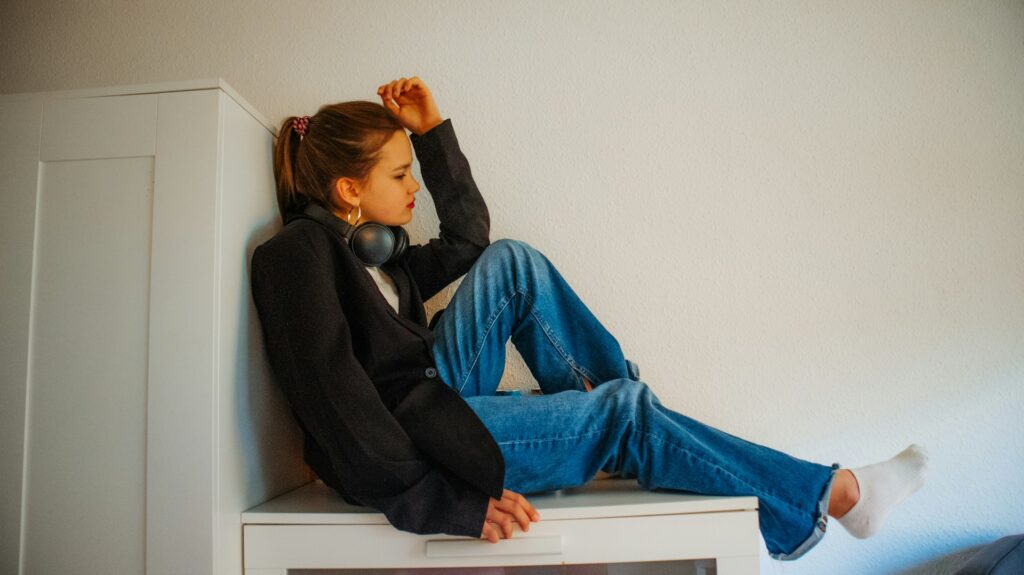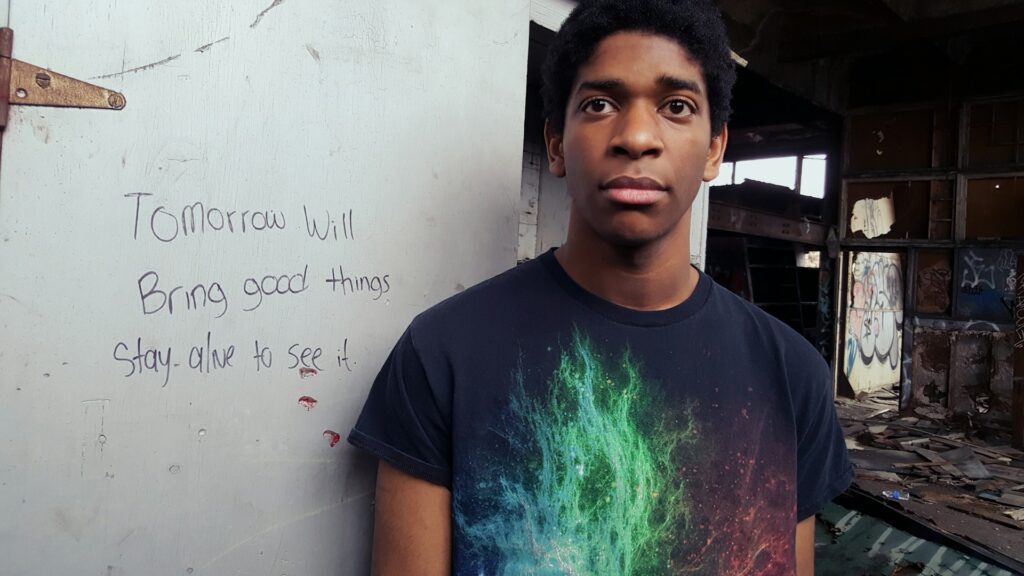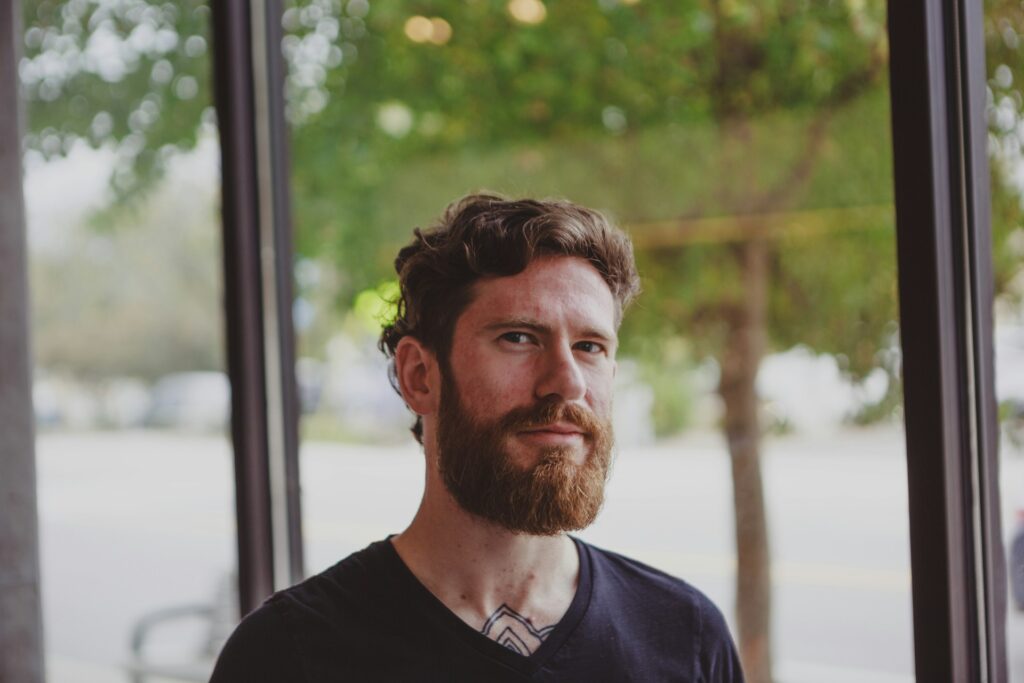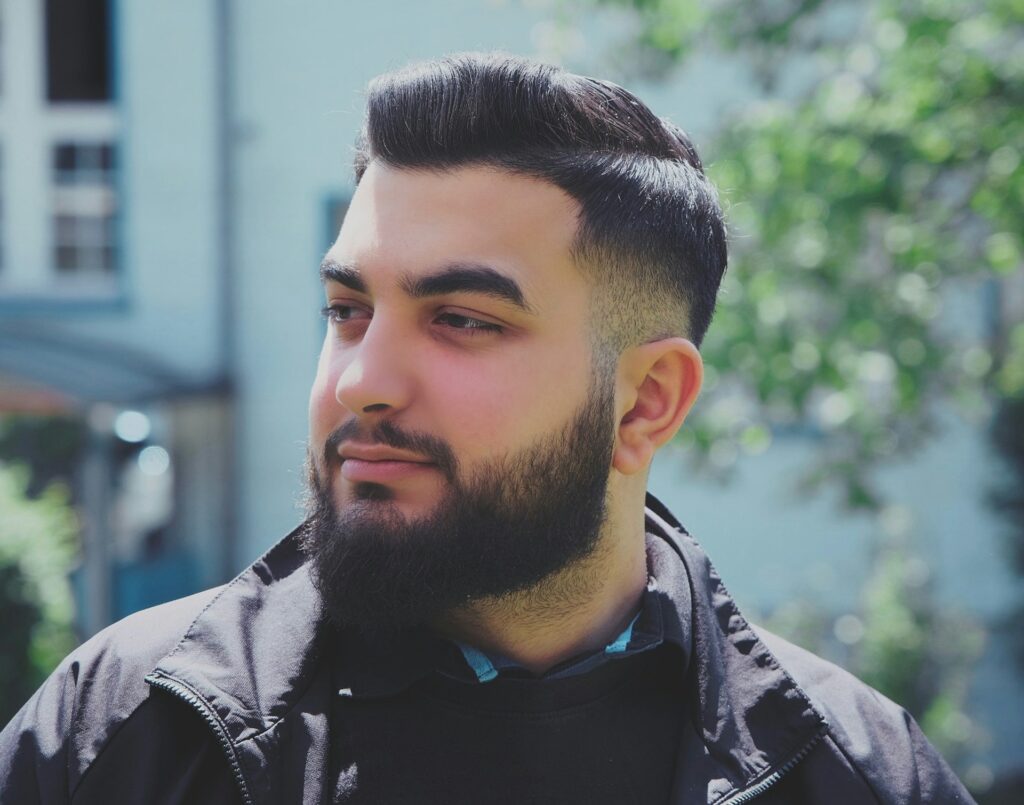People who went through tough childhoods often learn early on to minimise what they’ve experienced.

Whether it was neglect, emotional abuse, instability, or the absence of safety, the language they use as adults can sound casual or even dismissive—because that’s how they’ve coped. These things might not sound like a big deal, but they often carry the weight of things no child should have had to endure. Here are some of the most commonly used phrases people who went through it use to downplay a painful upbringing.
1. “It wasn’t that bad—I know other people had it worse.”

This is one of the most common ways people minimise trauma. It frames their experience through a comparative lens, as if pain has to reach a certain threshold before it counts. It’s a way to avoid seeming dramatic or ungrateful, even when the hurt was real and lasting.
By focusing on how other people suffered more, they redirect attention away from their own unmet needs. But trauma isn’t a competition, and minimising your own pain doesn’t make it go away—it just delays healing.
2. “That’s just how things were back then.”

This one tries to normalise dysfunction by attributing it to generational habits or social norms at the time. It’s a convenient way to dismiss harmful behaviours that were never okay, even if they were common. It might feel easier to explain things away with culture or time period, but that doesn’t change how it affected you. Just because something was widespread doesn’t mean it was harmless.
3. “They did their best.”

There may be truth in this, but it’s often used to excuse neglect, abuse, or emotional unavailability. It reframes the conversation around the intentions of the caregivers, rather than the needs of the child who wasn’t met. People say this to protect their parents, or to avoid feeling guilty for being angry, but someone’s best still might not have been enough. That’s worth acknowledging.
4. “I turned out fine.”

On the surface, this sounds like resilience. However, underneath, it’s often said with a trace of defensiveness or denial. Saying you turned out fine can be a way to avoid digging into the emotional cost of what you went through. Turning out functional doesn’t mean the pain disappeared—it often means you learned how to survive by pushing it down. Being strong isn’t the same as being healed.
5. “It made me who I am today.”

This one can carry a tone of acceptance or gratitude, but it can also be a mask for unresolved pain. It reframes suffering as a necessary ingredient for character development, which can make it harder to grieve what was lost. You’re allowed to be proud of your strength without glorifying the experiences that shaped it. Growth doesn’t mean the harm was justified.
6. “I just had to grow up fast.”

This sounds like a simple statement of fact, but it often points to lost childhood, premature emotional labour, and years of functioning in survival mode. It’s rarely said with full awareness of how that early maturity created lasting exhaustion. Having to be the adult as a child isn’t something to gloss over—it’s something to gently unpack.
7. “It made me independent.”

Independence is a coping mechanism for people who couldn’t rely on anyone else. It becomes a badge of honour, but also a way to avoid the pain of unmet needs. When someone says this, what they often mean is, “I learned not to ask for help because it wasn’t safe to.” It’s important to see the survival behind the strength.
8. “I was just a difficult kid.”

This turns the blame inward. Rather than acknowledging that their environment may have been chaotic, inconsistent, or emotionally unsafe, they internalise it as a flaw in themselves. Many kids labelled “difficult” were just reacting to instability. They weren’t the problem; they were showing symptoms of one. But they grow up believing the issue was them.
9. “They meant well.”

Intentions don’t erase impact. This phrase is often used to soften the reality of emotional harm, especially in families where love was expressed inconsistently or through control. People cling to this to protect the image of their caregivers, but it can delay honest reflection. Meaning well doesn’t cancel out the harm caused when needs were ignored or dismissed.
10. “It wasn’t abusive—it was just strict.”

This one walks a fine line. Many who experienced verbal aggression, harsh punishment, or fear-based discipline use this phrasing to rationalise it. Strictness becomes the socially acceptable label, even when it crossed boundaries. But discipline that uses fear, humiliation, or emotional withdrawal as a tool leaves lasting wounds.
11. “That’s just how my family is.”

This makes dysfunction sound cultural or quirky. It keeps people from fully acknowledging how damaging it was to grow up in a family that couldn’t model healthy emotional behaviour. It’s easier to brush it off as personality or tradition than to confront the pain of emotional absence or chaos. However, naming it for what it was is often the first step toward healing.
12. “I never needed much anyway.”

This is one of the quietest trauma responses. It’s what people say when they’ve trained themselves not to expect care, validation, or consistency. They didn’t learn that their needs were too much—they learned that having needs at all was a burden. So they shrink, adapt, and stop asking, long before anyone tells them they’re allowed to want more.
13. “I got through it—no point dwelling on the past.”

Moving on too quickly can be a form of self-protection. For many, looking back feels unsafe because the emotions are still raw. Saying there’s no point in dwelling is a way to keep the lid on pain they don’t feel ready to open. However, not dwelling doesn’t mean you’ve healed. Avoiding reflection may keep things tidy on the outside, but unresolved grief has a way of resurfacing in other parts of life.
14. “It made me tough.”

Toughness can become a shield. When people praise their own emotional endurance, it’s often because they’ve never felt safe enough to be soft. Being tough isn’t bad, but when it becomes the only acceptable way to exist, it starts to isolate. Underneath the armour, there’s often a child who never got to feel safe enough to fall apart.
15. “I was just sensitive.”

This one is often used to excuse invalidation. It places the blame on the child’s emotional response, not the environment that created it. Many children labelled sensitive were actually perceptive, emotionally attuned, or in need of more care. But instead of receiving support, they were told they were too much, and learned to see their emotions as a flaw.
16. “We just didn’t talk about things.”

This may sound neutral, but it usually points to emotional suppression. Growing up in a house where emotions were ignored or taboo teaches you to bury things deep and to keep the peace at all costs. It creates adults who struggle to identify, express, or even feel their emotions in real time. Silence becomes a default mode—not because it’s comfortable, but because it’s familiar.
17. “They did what they could with what they had.”

This shows empathy, but it often comes at the expense of self-validation. It excuses poor parenting by focusing on scarcity or external hardship, rather than acknowledging emotional neglect. You can hold compassion for your caregivers and still be honest about what you needed and didn’t get. It doesn’t have to be either-or.
18. “We were just a bit dysfunctional, that’s all.”

“Dysfunctional” is often used jokingly, as if chaos or unpredictability was simply part of the charm. However, underneath that humour is often grief—grief for the version of childhood that never existed. Minimising dysfunction with lighthearted language can make it harder to process how much was actually missing. You don’t have to make it sound funny to make it easier to live with.
19. “That’s just my trauma talking.”

This might sound self-aware, but it’s sometimes used to silence yourself before anyone else can. It becomes a way to invalidate your own emotions before they make anyone uncomfortable. Acknowledging trauma is important. But if you use it to constantly dismiss your own voice, you’re still playing small for the sake of everyone else’s comfort.
20. “It’s in the past—I’m over it.”

Closure isn’t a decision—it’s a process. Saying you’re over it might feel like control, but often, it’s just a way to close the door on something you’re not ready to unpack. There’s no shame in not being over it. Some wounds run deep. And naming what happened doesn’t mean you’re stuck—it means you’re finally allowing space for your truth.


